What is Self-Compassion and How Can it Help Childless Women?
Self-compassion researcher author and practitioner Doctor Kristen Neff says that "self-compassion is a practice of goodwill, not good feelings."
We do not use self-compassion to cover over or push aside feelings of pain and suffering; instead, we meet the parts of ourselves in pain with kindness and gentle curiosity.
My journey to being childless deeply affected my self-confidence, my relationship with my body and how I felt about myself. Embodied self-compassion practice has been foundational in building myself back up. (What does embodied mean? Read this)
The idea of self-compassion is easy to understand, yet shifting to living life with this mindset takes practice.
A great place to start is with an understanding of the three core elements of self-compassion.
Mindfulness
Shared humanity
Self-kindness
Let’s unpack each one:
Mindfulness
This is the starting place, the first skill we need to respond to ourselves with kindness and acceptance. Mindfulness is the awareness to 'be' with our present moment experience. To acknowledge what it is we are feeling and carrying.
We all feel big emotions but might shy away from taking the time to parse out what the feelings actually are. When you are upset, you can feel anger, sadness, frustration, numbness, regret, jealousy, etc. Taking the time to be with the feelings helps us unravel them and gives us time to direct kindness to those parts of ourselves that feel that way.
On the other side, mindfulness can help us avoid overidentifying with our experiences. It helps keep perspective and notice when thoughts such as 'I am disappointed' turn into 'I am a disappointment,' when 'I feel a sense of unworthiness' turns into 'I am unworthy.'
2. Shared humanity
This element speaks to the interconnectedness of us all. All humans suffer and experience hardship. We tend to forget this and feel alone in our experiences and suffering. Remembering that so many other women struggle in the same way we do on the journey to childlessness can bring in a sense of connection with others and help move us out of isolation.
3. Self-kindness
This element looks at the inner narrative we have running. Instead of being critical and harsh with ourselves, we extend the same level of kindness we would to a friend experiencing what we are.
There are some myths about self-compassion that can be obstacles to getting started. I want to dispel these but first, take a breath and notice:
What is your initial reaction to the idea of self-compassion?
Do you notice tension in your body?
Whatever you are feeling, try and meet yourself with kindness.
If you can do that, then you are already practicing self-compassion.
Three myths about practicing Self-Compassion
1. Self-compassion is self-pity
With one of the elements of self-compassion being 'shared humanity,' the opposite is true. Part of the practice is acknowledging that others suffer in this way too. When self-compassionate, we are likely to gain perspective and not over-identify with our feelings.
2. Self-compassion will make me too soft and vulnerable
While the feelings are tender, the approach is unwavering and fierce. This practice helps build inner strength and resilience that helps us get through hard times.
3. Self-compassion is self-indulgent and will make me lazy
People who practice self-compassion tend to take better care of themselves and have an overall greater sense of well-being. They move away from criticism as a motivator and are inspired to do things that increase their sense of health and well-being. They are also more likely to extend compassion to others as they are familiar with the positive effects in their lives.
Did any of these myths resonate with you?
When I first started practicing, I realized that I believed in myth #2 and equated being self-compassionate with having no boundaries. I have since learned that having self-compassion is integral to creating and maintaining healthy boundaries.
Living with this mindset also helps childless women:
build a connection with themselves and their bodies,
increase self-confidence,
develop trust,
integrate grief,
create a sense of safety with their bodies,
cultivate kindness towards themselves,
give themselves what they need,
Settle into who they are with integrity.
So, how do you start making self-compassion a daily mindset?
With a practice.
Support your practice with a free self-compassion course for childless not by choice women.





